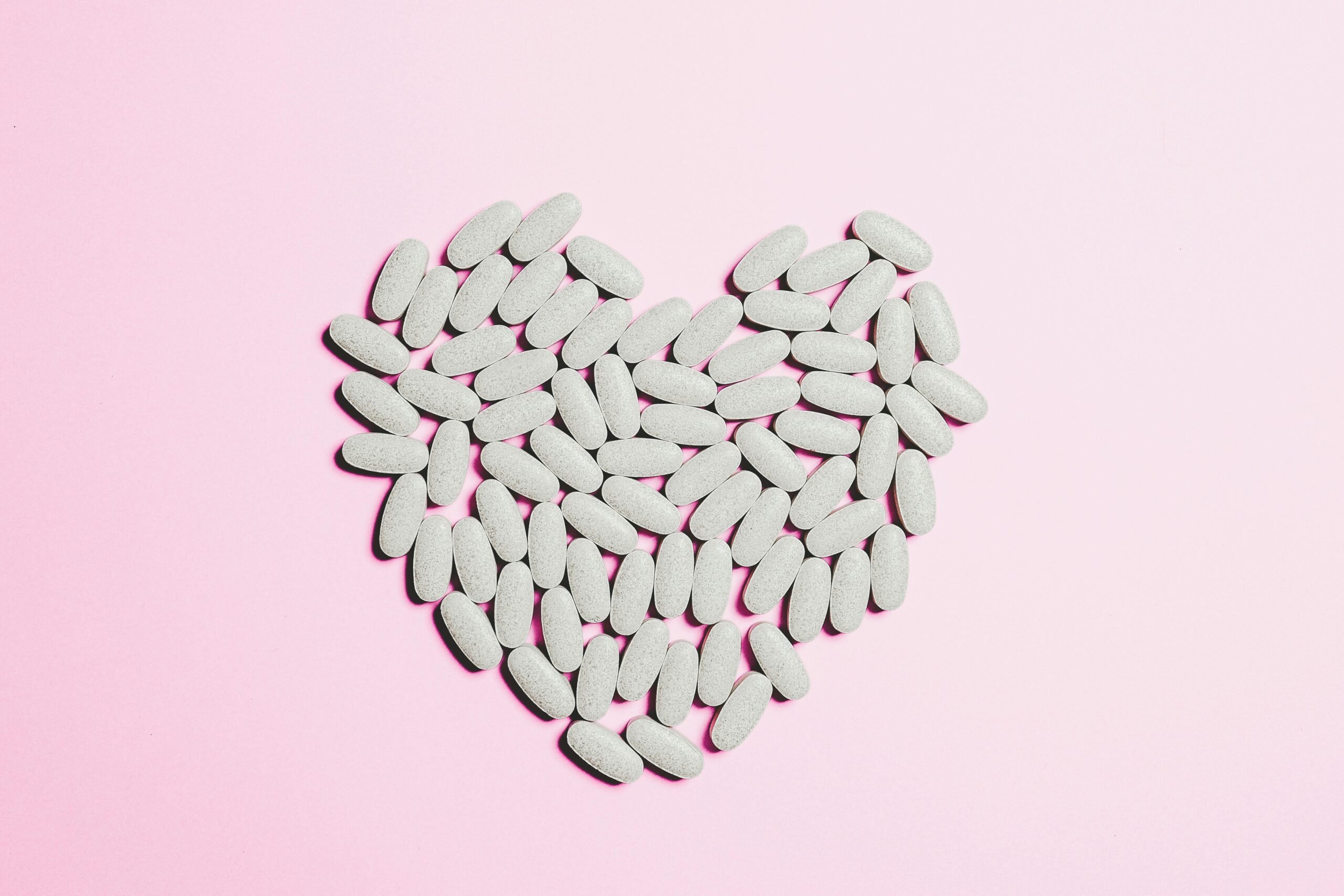Circulation-understanding the lifeblood of health

Circulation is the distribution of blood throughout the body, which supports several health functions. It transports nutrients and oxygen to tissues, while removing waste products such as carbon dioxide. We will discuss the circulatory system components, its functions, factors that affect circulation, common circulatory problems, and tips for maintaining optimal cardiovascular health through the following comprehensive guide.
The heart, blood vessels, and blood constitute the circulatory system, or cardiovascular system. Each of these is essential for efficient circulation:
- Heart This muscular organ pumps blood through to different parts of the body, and it comprises of two atria and two ventricles. Right Heart Receive deoxygenated blood from the whole body It then pumps into lungs in order to become oxygen rich Left Side receive oxygen through the lungs; thus they pump it throughout the remaining the body.
- Blood Vessels: Blood vessels are the network of tubes through which blood flows. They are divided into three major types:
- Arteries: These carry oxygen-rich blood away from the heart to the body. Arteries have thick, elastic walls that can withstand high pressure.
- Veins: These carry deoxygenated blood back to the heart. Veins have thinner walls than arteries and often contain valves to prevent backflow.
- Capillaries: These are tiny blood vessels that connect arteries and veins. Capillaries are where the exchange of oxygen, nutrients, and waste occurs at the cellular level.
- Blood: The fluid that circulates in the body is blood, a suspension of red and white cells, platelets, and plasma. Red cells carry oxygen; white cells represent the immunity, platelets are an important part in clotting, and plasma carries all the nutrients, hormones, and waste materials.
Circulation Functions
There are several critical functions provided by the circulatory system for homeostasis and, by extension, health and wellness:
- The primary function of circulation is to transport oxygen and nutrients to cells throughout the entire body. This will have to be done to fulfill cellular respiration, hence energy for cellular activities.
- Removal of Waste Products: Cellular respiration breaks down nutrients in the cells to produce waste products like carbon dioxide and urea. The circulatory system aids in the removal of these waste products by transporting them to the lungs, kidneys, and other organs to be excreted.
- Body Temperature Regulation: The circulatory system maintains body temperature by distributing the heat produced in metabolic processes. It does so by expanding or constricting blood vessels to either lose or conserve heat, maintaining the internal temperature of the body constant.
- Hormone Transport: The circulatory system carries hormones from glands to target organs and tissues, which enables communication and coordination among different parts of the body.
- Immune Function: The circulatory system is part of the body’s immune response since white blood cells and antibodies are circulated to areas of infection or injury, thus protecting the body against pathogens.
Factors that Influence Circulation
Some factors can influence circulation as well as cardiovascular health include:
- Exercise: Exercise shapes the heart and enhances circulation through increased blood flow. In addition, exercise can reduce blood pressure and cholesterol, thus supporting circulation.
- Nutrition: Diet rich in fruits, vegetables, whole grains, lean proteins, and healthy fats supports a healthy cardiovascular system. Those foods high in saturated fats, trans fats, and added sugars interfere with proper circulation.
- Hydration: Hydration ensures proper blood volume and viscosity. Dehydration results in blood thickening, making it difficult for the heart to pump properly.
- Body Composition: Body fat around the abdomen increases body weight and can adversely affect blood circulation, which raises the risk of cardiovascular diseases.
- Age: Advanced age causes loss of elasticity in the blood vessels, and sometimes the heart does not pump blood as efficiently. So, examination for cardiovascular health should be conducted for elderly people.
- Genetics: Some health conditions occur due to genetic factors, such as vulnerability to hypertension, hyperlipidemia, or heart diseases.
- Smoking and Alcohol Abuse: Smoking causes damage to the blood vessels and raises the possibility of circulation problems. Likewise, alcohol abuse causes high blood pressure and other heart conditions.
Common Circulation Problems
Though circulatory issues are vital, many different circulation problems can develop into more serious health issues:
- Hypertension (High Blood Pressure): This is a condition characterized by the persistent high force exerted by blood against the walls of the arteries. It may lead to damage on the blood vessels and to heart disease, stroke, and kidney problems.
- Atherosclerosis: This is the narrowing or blocking of the arteries due to the accumulation of fatty deposits known as plaques. Atherosclerosis can cause decreased blood flow, angina, heart attacks, or strokes.
- Peripheral Artery Disease: Circulatory disorder that results from narrowing of arteries supplying the limbs, creating decreased blood flow, accompanied by pain, cramping, and fatigue with exercise.
- Venous Insufficiency: This is when veins have difficulty returning the blood to the heart and results in swelling, aching, and varicose veins in the lower limbs.
- Deep Vein Thrombosis (DVT). DVT occurs when a clot forms in a deep vein, typically in the lower extremities. If such a clot dislodges, it may travel to the lungs, causing a pulmonary embolism, a potentially deadly condition.
- Heart Disease. Heart disease conditions including coronary artery disease, heart failure, and arrhythmias severely affect circulation and general health of the cardiovascular system.
Tips to Ensure Best Circulation
Good circulation maintains a person’s health and wellness. The following tips will facilitate optimal circulation.
- Regular Exercise: One should participate in at least 150 minutes of moderate-intensity aerobic activity per week. This can help one keep fit and have a good cardiovascular system by doing activities like walking, cycling, swimming, or dancing, for example.
- Have a heart-healthy diet: Have an adequate number of fruits, vegetables, whole grains, lean proteins, and healthy fats. Diet rich in omega-3 fatty acids may be important for maintaining heart health: Fatty fish, nuts, and seeds.
- Maintain hydration: Drink adequate amount of water during the day to ensure sufficient blood volume and good circulation.
- Manage Stress: Chronic stress can negatively impact blood flow and heart health. Engage in stress-reducing activities, such as mindfulness meditation, yoga, or deep breathing exercises.
- Quit Smoking: Quitting smoking greatly enhances blood flow and the possibility of developing cardiovascular diseases. Join quit-smoking support groups, if available, to help you quit.
- Less Alcohol Consumption: If you are a drinker, attempt to minimize alcohol intake. Excessive consumption may cause high blood pressure and a negative effect on the blood vessels and other cardiovascular characteristics.
- Healthy weight: Maintaining a healthy body weight will reduce stress on the heart and help improve circulation.
- Monitoring blood pressure and cholesterol: Regular follow-ups with a health care provider assist with monitoring of blood pressure and cholesterol that can allow early intervention, if needed.
- Wear Compression Stockings: If you suffer from venous insufficiency or sit or stand for extended periods, compression stockings may help improve blood flow in the legs.
- Be Active Throughout the Day: If you have a job that is sedentary, you need to find ways to get up and move around, perhaps taking breaks to stretch or walk. You can even try using a standing desk.
CONCLUSION
Overall health and wellbeing depend on this circulation process. Understanding what is involved in the circulatory system and the factors that could affect it helps in taking proactive measures in maintaining their cardiovascular health at a good level. Proper circulation is ensured through exercising regularly, proper diet, and the proper ways of managing stress. Improving heart health would improve physical functioning and, consequently, enhance a longer life.









